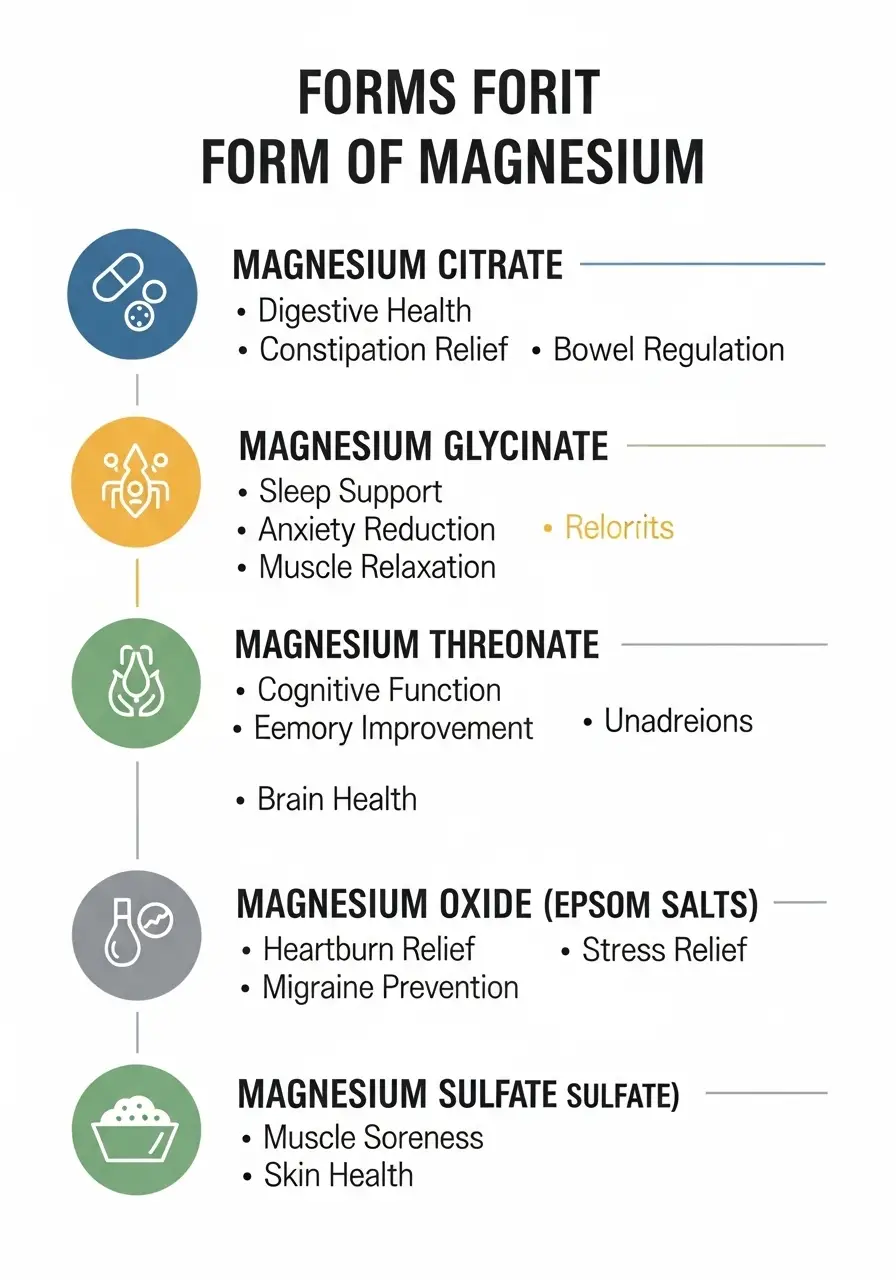

Why magnesium is essential right now
Magnesium is one of the key minerals for nervous system health and energy metabolism.
Its deficiency affects mood, sleep, stress resistance, and even cardiovascular health.
August is the time when we return to our work or study routine after the summer holidays.

This means changes to schedules, increased workloads, and, as a result, higher stress levels.
At Vitafoods Europe 2025, many manufacturers focused on magnesium in bioavailable forms (citrate, glycinate, taurinate) and innovative delivery systems (gummies, flavored powders, liquid concentrates) that increase compliance.

How magnesium works in the body
-
Regulation of the nervous system — reduces neuron excitability and promotes relaxation.
-
Muscle function — prevents spasms, tremors, and tics.
-
Energy metabolism — participates in the production of ATP, helping to combat fatigue.
-
Cardiovascular support — reduces the risk of arrhythmias and normalizes blood pressure.
📌 A study by Boyle et al. (2017) showed that taking 300 mg of magnesium for 6 weeks significantly reduced anxiety levels in people with a deficiency of this mineral.
Table 1. Forms of magnesium and their characteristics
| Form | Bioavailability | Features |
|---|---|---|
| Citrate | High | Suitable for constipation, mild laxative effect |
| Glycinate | High | Best for anxiety, insomnia, well tolerated |
| Taurinate | Medium | Supports the cardiovascular system |
| Malate | High | Suitable for chronic fatigue, provides energy |
| Oxide | Low | Inexpensive form, poor absorption, often found in multivitamins |

Who needs magnesium and when
-
When stress levels are high
-
If you have trouble sleeping
-
For muscle spasms, tremors, tics
-
During intense mental or physical work
-
For premenstrual syndrome (PMS)
Table 2. Symptoms of deficiency and recommended doses
| Symptom | Possible link to magnesium deficiency | Recommended dose (adults) |
|---|---|---|
| Irritability, anxiety | Yes | 200–400 mg/day |
| Poor sleep | Yes | 200–350 mg/day (in the evening) |
| Muscle spasms | Yes | 300–400 mg/day |
| Leg cramps | Yes | 250–400 mg/day |
| Chronic fatigue | Yes | 300–450 mg/day |

Practical tips from Vitafoods
-
Combined formulas: magnesium + vitamin B6 improves absorption and effectiveness.
-
Delivery systems: popular fruit-flavored chewable gummies make intake enjoyable and increase regularity.
-
Flavors and forms: lemon- or raspberry-flavored powders make it easy to add magnesium to water or smoothies.
-
Time of intake: to relieve tension and improve sleep — in the evening; to maintain energy throughout the day — in the morning/afternoon.
Contraindications
-
Severe renal failure
-
Hypermagnesemia (very rare, usually in case of overdose)
-
Allergy to a component of the formula
References
-
Boyle NB et al. “The effects of magnesium supplementation on subjective anxiety.” Nutrients. 2017.
-
Gröber U et al. “Magnesium in prevention and therapy.” Nutrients. 2015.
-
Volpe SL. “Magnesium in disease prevention and overall health.” Advances in Nutrition. 2013.



